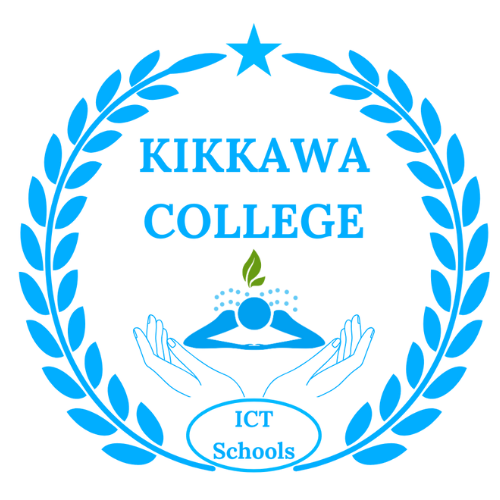The medical front desk is the nerve center of the entire clinic. The administrator stationed there sets the tone for every patient’s experience. Mastering this role requires a blend of technical efficiency, sharp organizational skills, and exceptional interpersonal ability—all of which are core components of a comprehensive Medical Office Administration Diploma.
Creating a Positive First Impression
A patient’s interaction with the front desk staff forms their lasting impression of the entire practice. A warm, professional greeting and a calm, welcoming demeanor can significantly reduce patient anxiety. Remember, you are the face of the healthcare facility.
Orchestrating Efficient Patient Flow
The front desk administrator is akin to an air traffic controller for the clinic. Their key responsibilities in managing flow include:
- Scheduling Mastery: Strategically booking appointments to minimize wait times while allowing clinicians enough time for each patient.
- Streamlined Check-In: Efficiently verifying patient information, collecting co-pays, and ensuring all necessary forms are completed before the patient is seen.
- Inter-Departmental Communication: Serving as the communication link between patients, clinical staff, and the billing department. Informing the medical team that a patient has arrived and is ready is a simple but critical task.
Handling the Inevitable Challenges
Inevitably, schedules get backed up, and patients can become frustrated. A skilled administrator knows how to apologize sincerely for delays, communicate transparently about wait times, and de-escalate tension. This ability to maintain grace under pressure keeps the clinic running smoothly and preserves patient satisfaction. Your role is essential in transforming a potentially stressful visit into a positive, well-managed experience.






